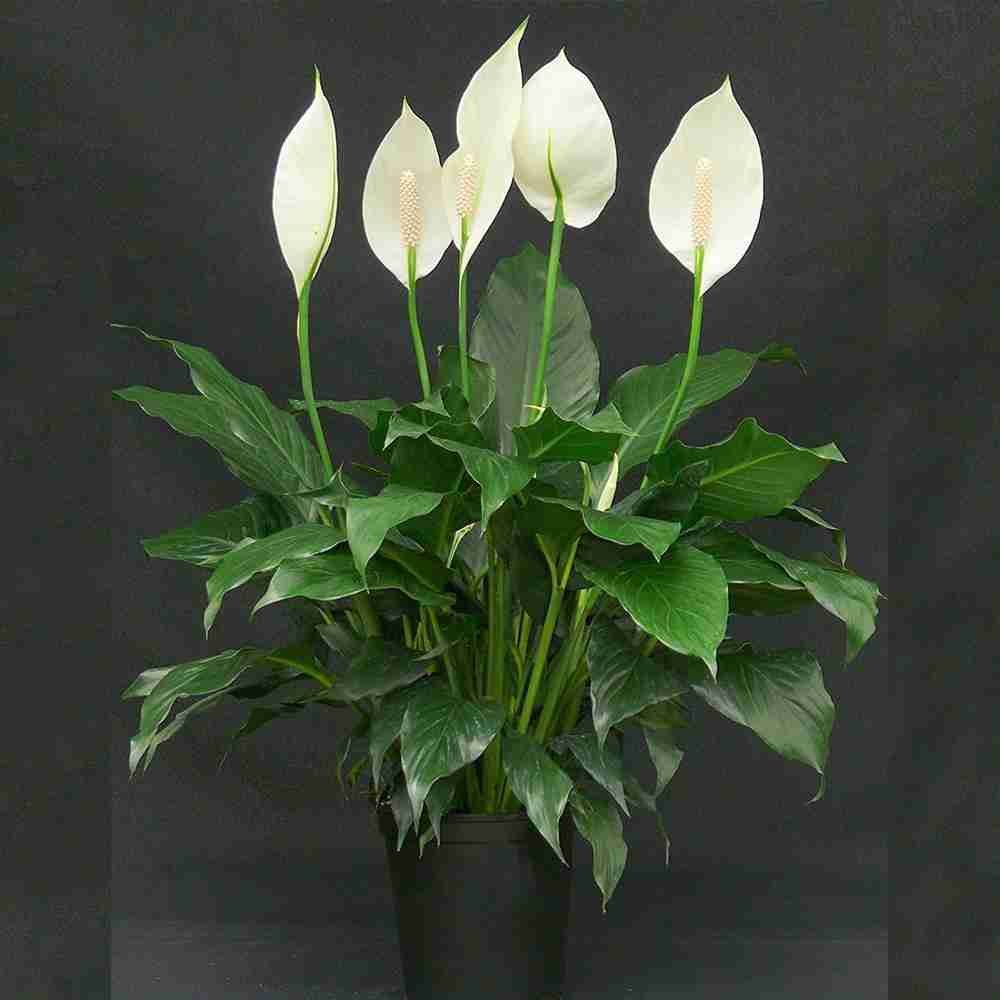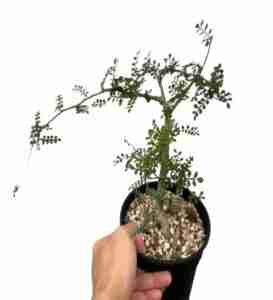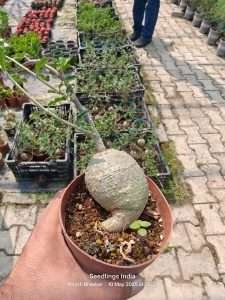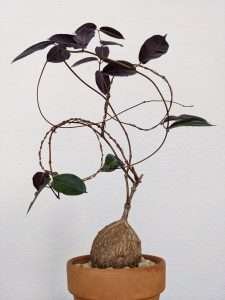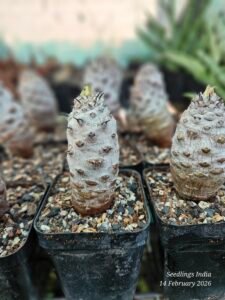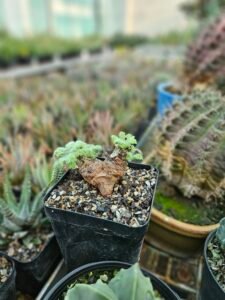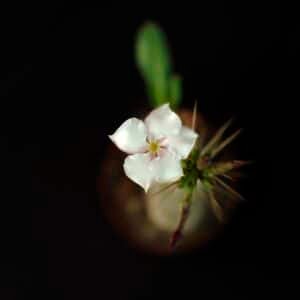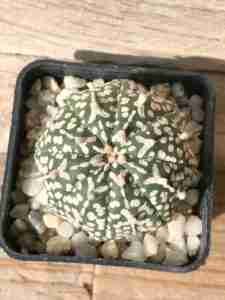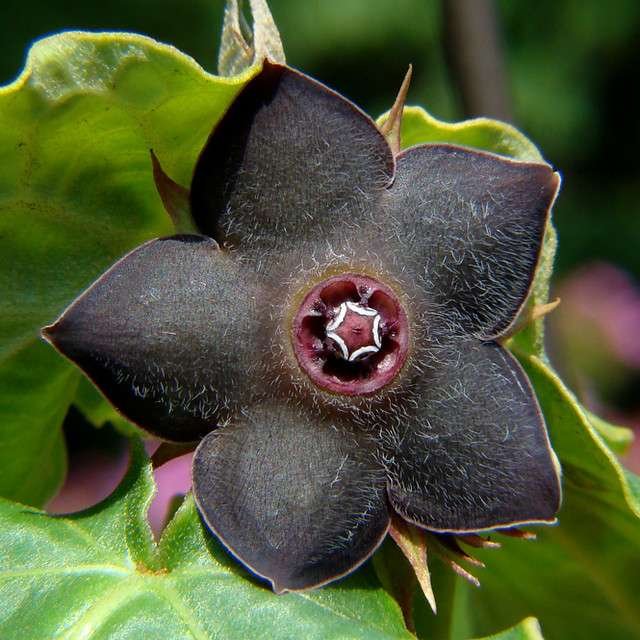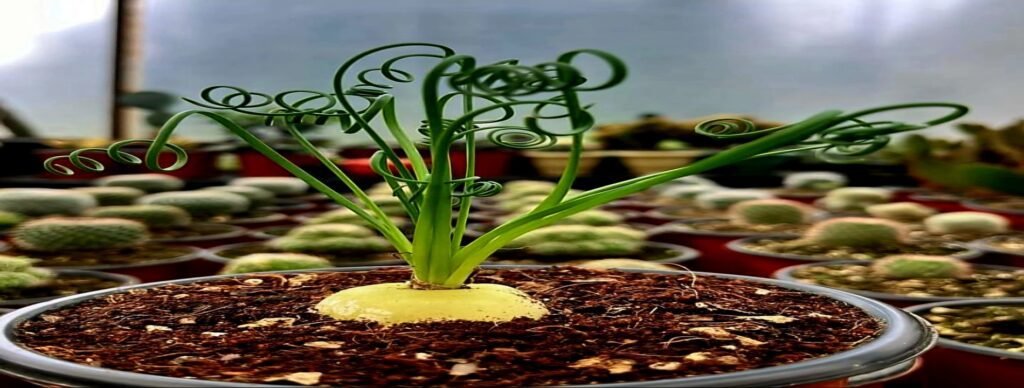
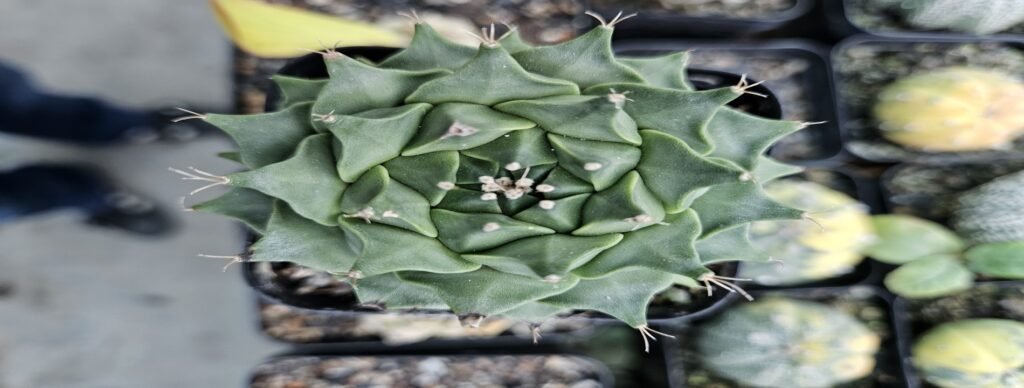
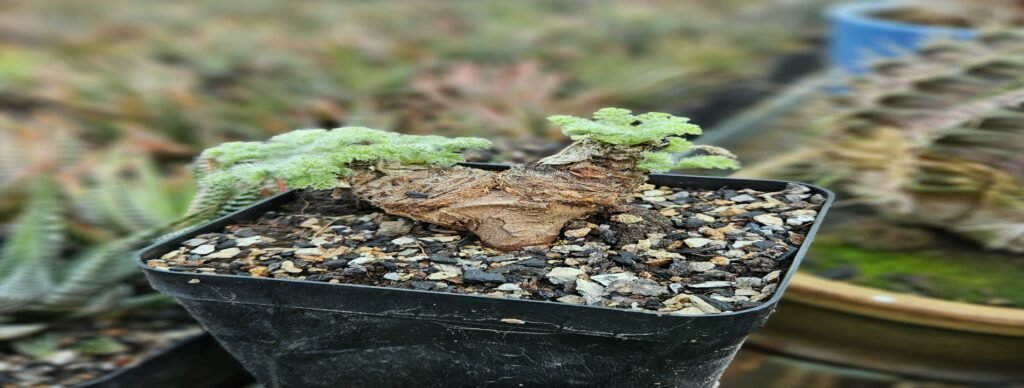
Shop by Category
Top Selling Products
₹1,099.00
₹1,699.00
₹1,599.00
New Arrivals
₹2,499.00
₹2,299.00
₹899.00
Trending Products
₹1,699.00
Our Testimonials
EXCELLENTTrustindex verifies that the original source of the review is Google. Purchased Operculicarya Pachypus seedlings. Received excellent plants. Very prompt on messages and prompt on shipping. Reasonable prices also. Would definitely recommend purchasing from themPosted onTrustindex verifies that the original source of the review is Google. Outstanding service I was 2 times order was placed it's correct time delivered, and my personal request also fullfiedPosted onTrustindex verifies that the original source of the review is Google. Been collecting plants from them since years, never a bad experience, Great collection, quick responses, always up with new collections and helpfull tipsPosted onTrustindex verifies that the original source of the review is Google. Posted onTrustindex verifies that the original source of the review is Google. Mr Ashish, My sincere appreciation for the exceptional knowledge and invaluable expertise. The extensive knowledge of rare plants was particularly impressive, which enhanced the experience and helped in making informed decisions. The cordial demeanor and willingness to share insights made the experience welcoming and built confidence in selections. Patient explanations and helpful advice were also appreciated, especially regarding the specific care requirements for the Operculicarya, Baobab Adansonia Digitata, Dioon Edule Cycad, Dioon Spinulosum Cycad, Fockea Edulis, Petopentia Natalensis and Senna Meridionalis Dwarf. It is evident that the supplier possesses a passion for horticulture and a deep understanding of the diverse world of plants, including even the rarest species. The selection of healthy, high-quality plants at the nursery is truly remarkable. Several unique varieties that had been sought after were found. The plants purchased are expected to thrive in the garden and bring joy for years to come. Thank you again for the outstanding service and for being such a knowledgeable and welcoming resource for plant enthusiasts.Posted onTrustindex verifies that the original source of the review is Google. Amazing plantsPosted onTrustindex verifies that the original source of the review is Google. Good collection of Rare Exotic beautiful and healthy plants. Above all owner is very helpful. He was generous enough to provide some cactus potting mix and fertilizer without additional charges. Overall experience was great and planning to visit again.Posted onTrustindex verifies that the original source of the review is Google. Good plantsPosted onTrustindex verifies that the original source of the review is Google. Amazing plant collectionPosted onTrustindex verifies that the original source of the review is Google. Good

